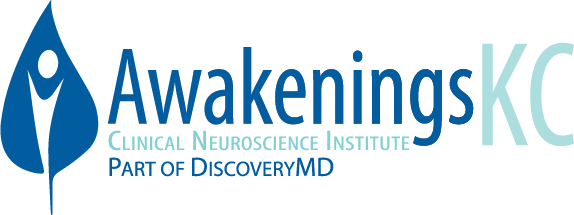America, We Have a Problem

A Social Problem, Not Just a Medical Issue
First, researchers are struggling to understand why white individuals, in particular, are doing so poorly with drug abuse. Although there are no definite answers, many speculate that this cohort of patients suffers, in addition to social and economic isolation, from acute job loss. It is known that poverty, stress, and lack of social support are independent risk factors for opioid abuse. Similarly, job loss per se has been found to increase the risk for cardiovascular disease (CVD) and death. Of note, recession alone does not increase CVD mortality; however, when recession is associated with job loss, heart attacks, strokes, and deaths rise. This suggests that increases in stress, despair, and possibly time spent engaging in related unhealthy behaviors often seen with financial insecurity (eg, physical inactivity, smoking, drinking, and drug abuse) may be culprits.
Second, and even more surprising, is that although awareness of the harms of opioid abuse is rising, the overwhelming majority of patients who survived an overdose continue to be prescribed high-dose opioids, often by the same prescriber. It is easy to attribute these results to poor care, bad decisions, or sloppy prescribing, but it might be possible that many of the prescribers simply do not know that their patients are overdosing. Given the fact that there are no widespread systems in place to notify prescribers when overdoses occur, it is highly unlikely that prescribers will suddenly increase the level of medical supervision and care for these patients.
Third, the notion that there is a small group of prolific prescribers who are driving the opioid overdose epidemic is not accurate. The bulk of prescriptions are written by general practitioners trying to help patients with a broad array of health conditions. In fact, the distribution patterns of prescribing opioids among Medicare and Medicaid patients are no different from other drugs given for chronic diseases, where 10% of all drug prescribers account for 60% of all drug prescriptions. These statistics would suggest that focusing on law enforcement, albeit merited, does not warrant significant additional resources to address improper prescribing at large.
Fourth, and most disappointing, is that despite a plethora of local, regional, state, and federal efforts to curb the overdose epidemic, things are actually getting worse. More people died from prescription and illicit drug overdoses over the past year than during any previous year on record. Clearly, there is a need to do a better job in prescribing and intervening before prescription drug misuse or other substance use progresses to addiction. But are these responses a big enough step in the right direction?
ead the story bellow by clicking the link:

